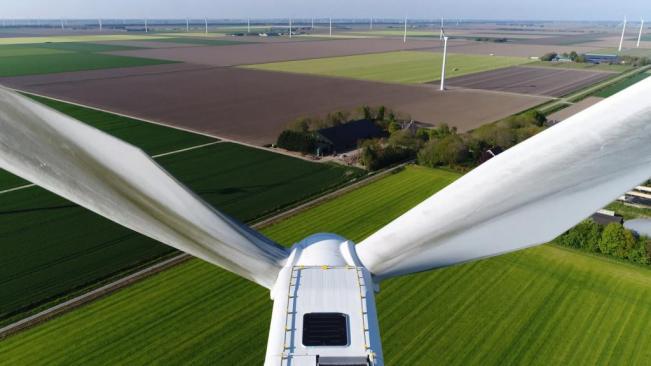
As the Prime Minister announces plans for the government’s green industrial revolution, it is timely to look at FGP’s Carbon Zero Ambitions as one small cog in the corporate effort.
The Government’s £12 billion “Ten Point Plan” to tackle climate change, slash carbon emissions to net-zero by 2050 apparently included only £3 billion of new money. A few of the points seemed familiar, but included planting 30,000 hectares of trees a year as well as phasing out sales of new petrol and diesel cars and vans by 2030; the sale of “some” hybrid vehicles will be allowed until 2035.
FGP have committed to achieve net zero carbon by 2030 as a stated policy through a variety of initiatives that will not include carbon offsets. By baking carbon reduction into the FGP business strategies, it is intended that significant added benefits will arise. Increased innovation, competitiveness, risk management, and growth are often bi-products to these measures. As a co-promoter of major green energy projects what additional measures are FGP taking?
In the “quick wins” category, the office is on REGO Certificated Green Tariff energy and variable refrigerant flow has been added to the office climate control bringing about a 15% reduction in energy consumption over the last 5 years. The car fleet is now 50% qualifying hybrid or full electric. Although travel efficiency is a constant challenge for FGP, 2020 has proved particularly successful in this respect for all the wrong reasons. In spite of the unfortunate circumstances, the pandemic has brought about improvements in the carbon footprint that can be carried forward to normal times. 90% of the FGP workforce live within 30 minutes of HQ and others are in any case site based. This gives a greater chance of utilizing car share and public transport.
Staff training in all these issues is a vital component. It has encouraged interest and initiatives. “Reduce, reuse, recycle,” is imprinted on their minds. Single use plastic has been eliminated and the company has moved to 100% recycled paper. Staff are encouraged to accept upcycled computer hardware.
Over the next decade these early initiatives will be enhanced, especially around heat and transport.
With the use of a sustainability benchmarking calculator, the company is managing its way to Carbon Zero. The company is looking at a telematics system (GPS tracking) to allow the collection of data to help manage fleet usage and efficiency; this could also identify where driver training might be beneficial.
A significant next step will be closer analysis of supplier and contractor carbon credentials to ensure that sustainability is fed right through. FGP will be submitting feedback forms to suppliers to assist in this process.
There are also questions to be answered on more difficult issues including Diet. Eating with the seasons is a preliminary and easy initiative to reduce food miles. Similarly reducing food waste has been quickly achievable. FGP are asking whether the management yet has sufficient expertise to decide on contested issues like the societal shift away from meat. As yet it would be imposing on personal preferences to start aligning Company policy with wider aspects of diet. It is worth noting that the Eat-Lancet Commission, formed from a multi-disciplined international panel to discuss these issues, produced no clear recommendations.
As a spin-off, Staff feed off company initiatives and use them in their domestic life. Homes reportedly account for almost a fifth of carbon dioxide emissions, mostly from heating. Millions of draughty homes are leaking heat generated by gas or oil. FGP staff are in regular contact with leaders in the renewable industry and as a team, discussions abound on best practice in transport, insulation and air or ground source heat pumps. It is hoped that through community volunteering some of the team may become involved in district heating schemes.
FGP are increasingly confident that they can explain to staff and customers how their business model is evolving to protect the Environment. It is expected that the Government proposals will give rise to further viable opportunities to reach that zero target.


